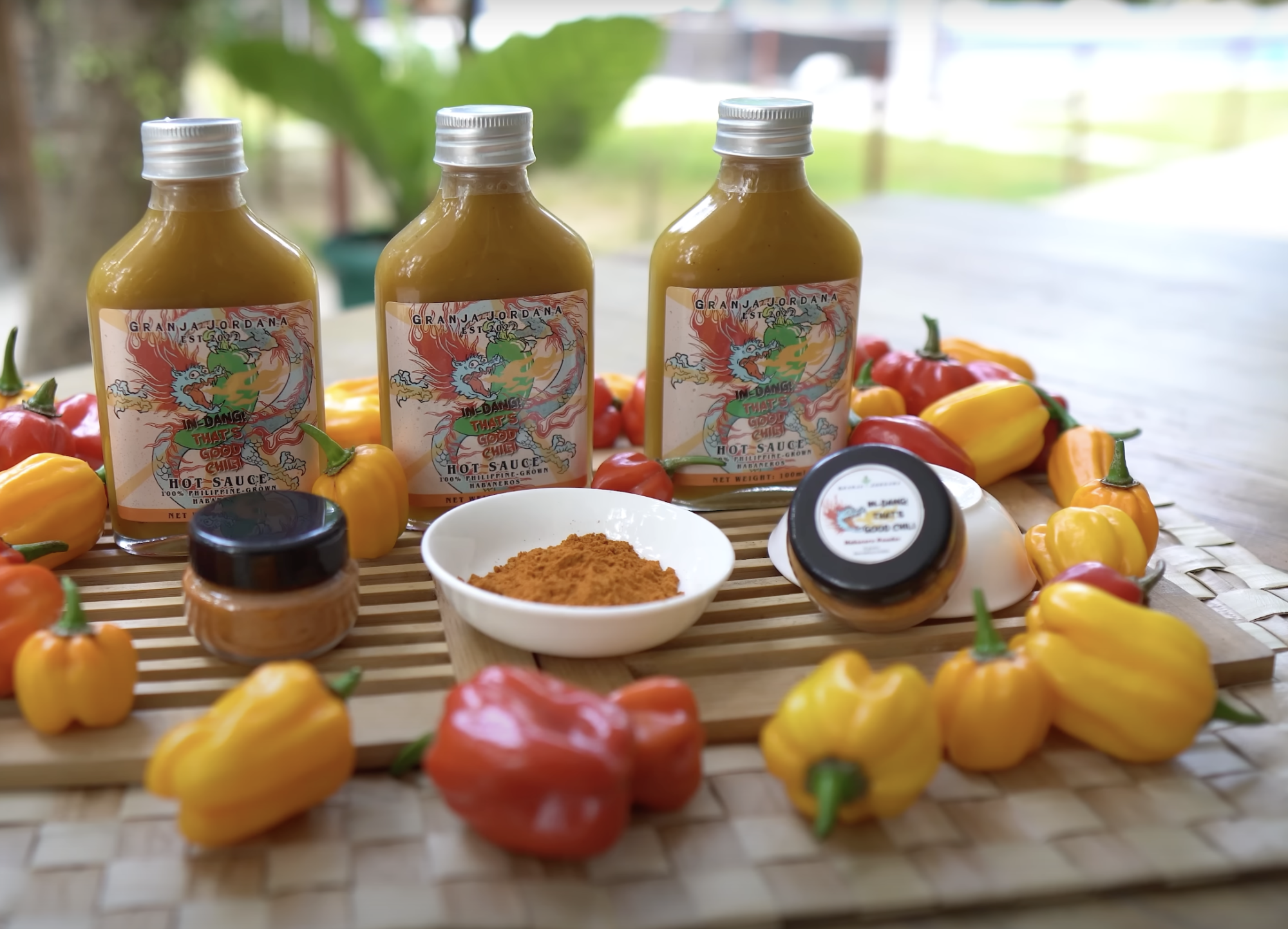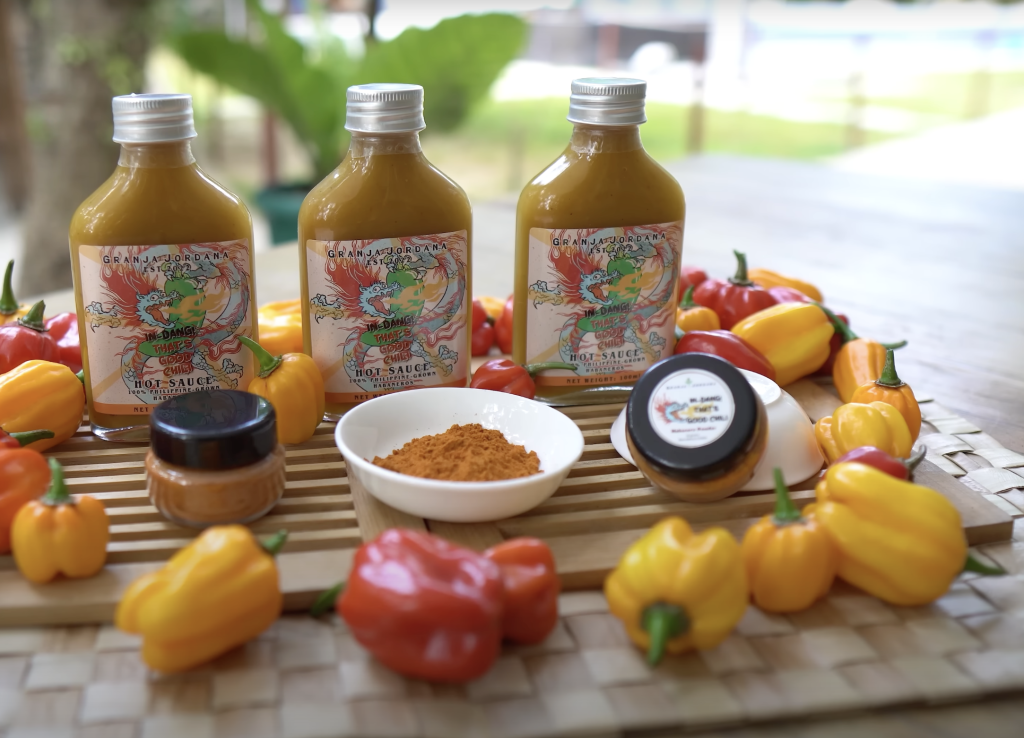Habanero Farming in the Philippines
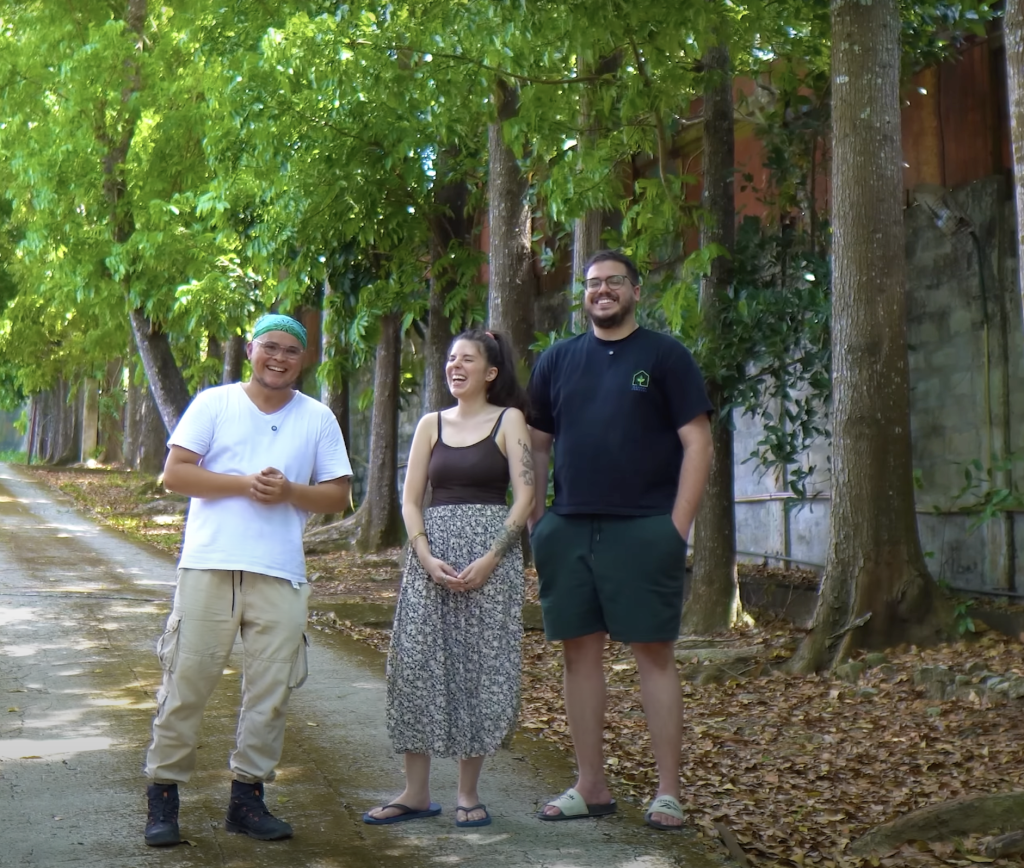 . A Spicy Opportunity for Farmers
. A Spicy Opportunity for FarmersHabanero farming is heating up in the Philippines — quite literally. Known for its fiery spice and distinct fruity flavor, habanero chili is one of the hottest peppers in the world, but it’s also one of the most profitable. With increasing demand in local markets, restaurants, and export industries, habanero cultivation presents Filipino farmers with a high-value crop opportunity that combines modern farming techniques with traditional resilience.
At Agree Sa Agri NGO, we are committed to supporting farmers in exploring specialty crops like habanero chili. By documenting success stories, promoting training, and connecting farmers with buyers, we aim to empower communities to embrace innovative and profitable farming ventures.
Why Habanero Farming?
🌶️ High Market Value – Habanero peppers sell at premium prices in the Philippines and abroad. They are sought after for hot sauces, food processing, and culinary exports.
🌱 Small Land, Big Returns – Unlike rice or corn, habanero farming doesn’t require large hectares. With proper management, farmers can earn high income from relatively small plots of land.
🌍 Growing Global Demand – International markets, especially in the U.S., Europe, and Asia, are seeing surging demand for hot peppers. Filipino habaneros can compete in quality and taste.
💡 Diversification – By adding chili production to existing crops, farmers reduce risks and increase income streams.
The Habanero Advantage in the Philippines
The tropical climate of the Philippines is naturally favorable for chili pepper farming. With proper greenhouse or open-field cultivation, habaneros thrive in areas with 6–8 hours of sunlight and well-drained soil. Farmers who adopt organic practices or integrate hydroponics and drip irrigation can achieve even higher yields.
Key advantages include:
- Year-round growing potential
- Fast harvest cycles (90–120 days after planting)
- High productivity per plant (30–50 pods per cycle)
- Adaptability to both local and export markets
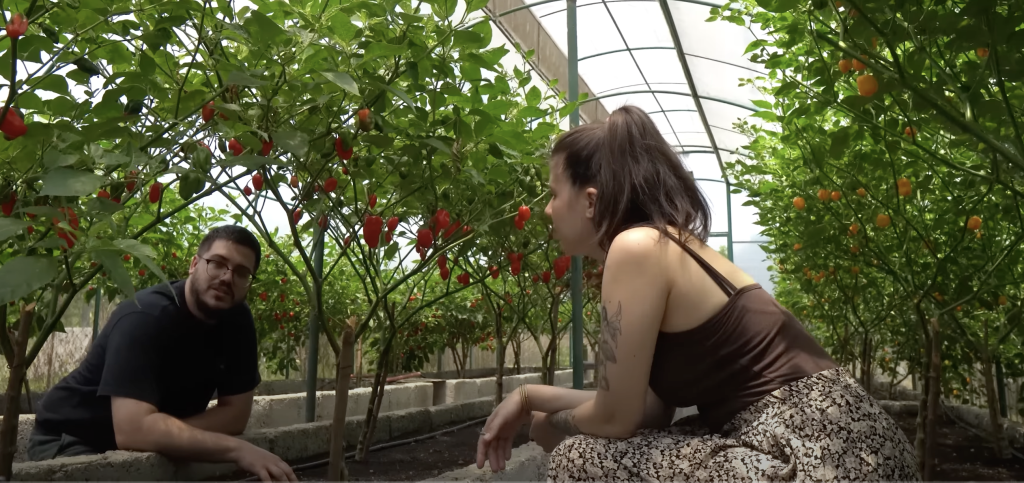
Success Story: From Small Farm to Spicy Enterprise
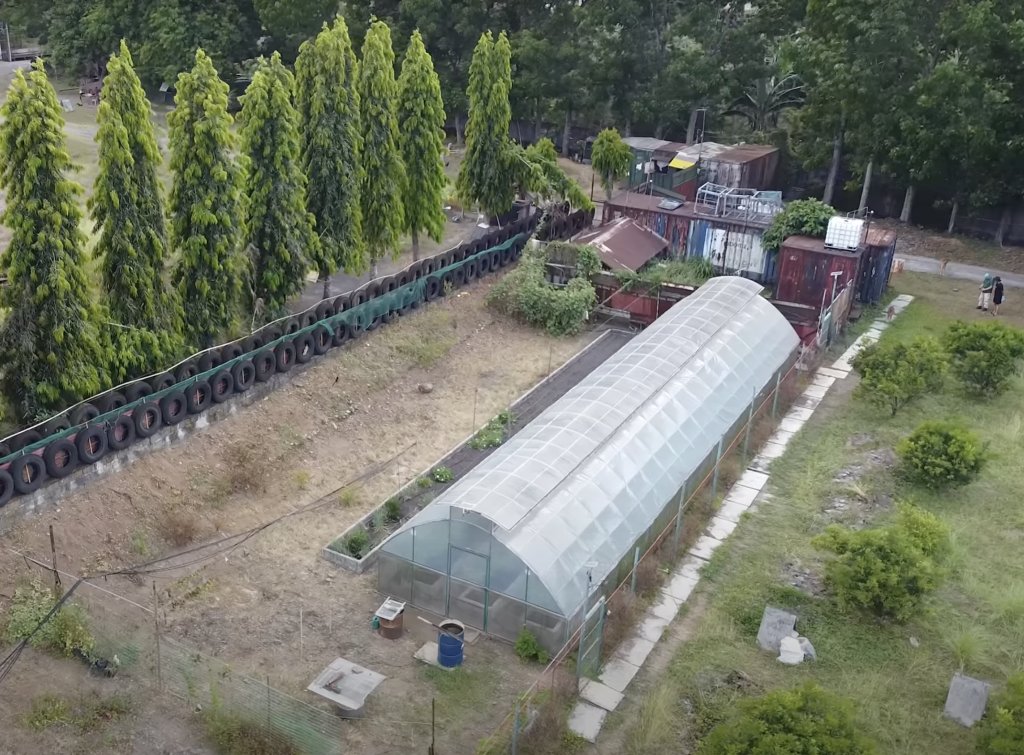
Challenges in Habanero Farming
Like any high-value crop, habanero farming comes with its challenges:
- 🌧️ Climate Sensitivity – Excessive rain or flooding can damage crops. Greenhouses or raised beds help prevent losses.
- 🐛 Pests & Diseases – Aphids, whiteflies, and fungal infections are common threats. Integrated pest management (IPM) is crucial.
- 📦 Post-Harvest Handling – Proper drying, storage, and packaging are needed to preserve quality for both local and export markets.
- 🏭 Market Access – Farmers need reliable buyers and processing facilities to scale their operations.
At Agree Sa Agri, we aim to bridge these gaps by providing training, linking farmers to buyers, and exploring value-added opportunities like hot sauce production, chili powders, and export partnerships.
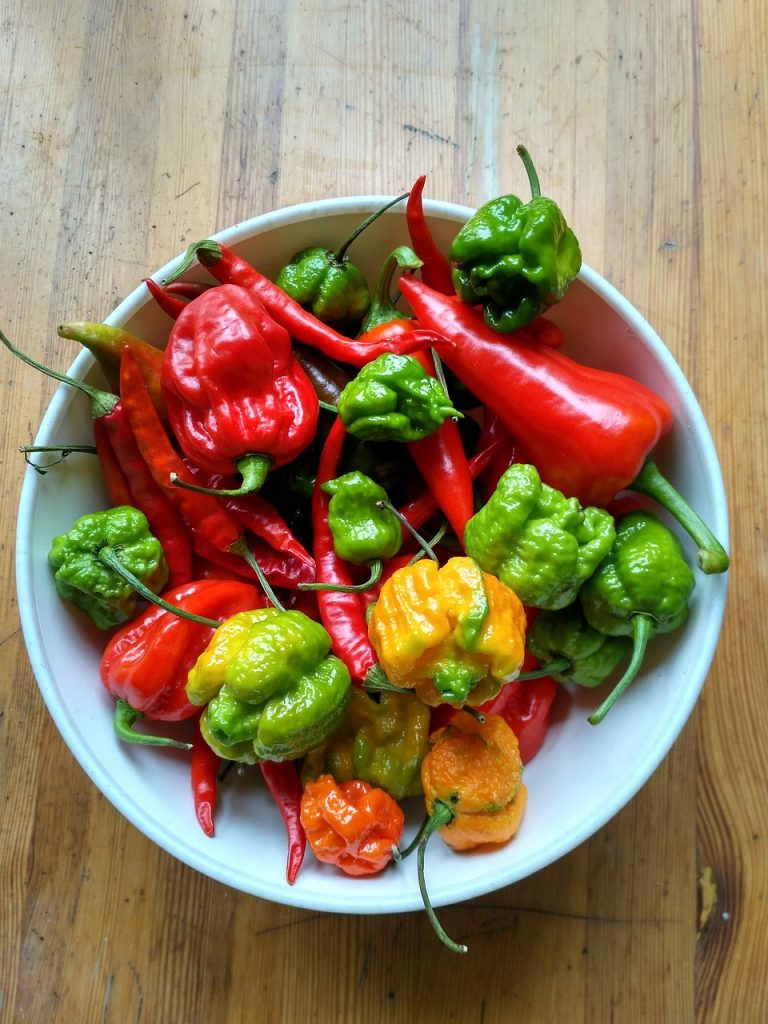
Habanero farming doesn’t stop at fresh chili sales. Many Filipino entrepreneurs are now producing:
- 🔥 Hot Sauces – Bottled and branded for local and export markets
- 🌶️ Chili Flakes & Powders – Shelf-stable, high-demand condiments
- 🍲 Food Processing – Incorporating habanero into noodles, oils, snacks, and pickled products
- 🌍 Exports – Supplying specialty buyers in the U.S., Japan, Korea, and the Middle East
These value-added opportunities multiply income and reduce waste, making habanero farming not just an agricultural activity but also a gateway to agribusiness innovation.
Agree Sa Agri’s Role: From Inspiration to Implementation in Habanero Farming
Agree Sa Agri’s Role – Building Trust, Inspiring Change
Here’s how we support farmers and partners in Habanero Farming:
✅ Trainings and Seminars – delivering agricultural knowledge on chili seedling care, pest management, irrigation, and organic farming.
✅ On-Site Demonstrations & Classes – hands-on teaching for greenhouse chili production, harvest handling, and value-added processing.
✅ Technological Assistance – guiding farmers in adopting drip irrigation, greenhouse protection, and post-harvest technology.
✅ Program Implementation Support – assisting LGUs, NGOs, and private entities in rolling out chili farming and agribusiness programs.
✅ Consultancy – helping cooperatives, exporters, and donor-funded initiatives design scalable habanero projects for domestic and global markets.
This unique combination of storytelling + capacity-building makes Agree Sa Agri not just a messenger but a partner in transforming habanero farming into a profitable, sustainable, and globally competitive sector.
A Spicy Future for Filipino Agriculture
Habanero farming in the Philippines is more than just growing chili — it’s about seizing opportunities in a fast-growing global market. From smallholder farmers to agripreneurs, Filipinos can harness the profitability, sustainability, and versatility of habanero peppers to build stronger livelihoods and communities.
At Agree Sa Agri, we believe that every habanero grown is not just a crop — it’s a seed of opportunity, growth, and hope. Together, let us empower farmers, advance sustainable agriculture, and build a stronger Philippines — one habanero, one farm, and one inspiring story at a time.
👉 Partner with Agree Sa Agri today. Join us in turning the heat of habanero farming into opportunities that transform lives.
Agricultural and Economic Impact at Scale
